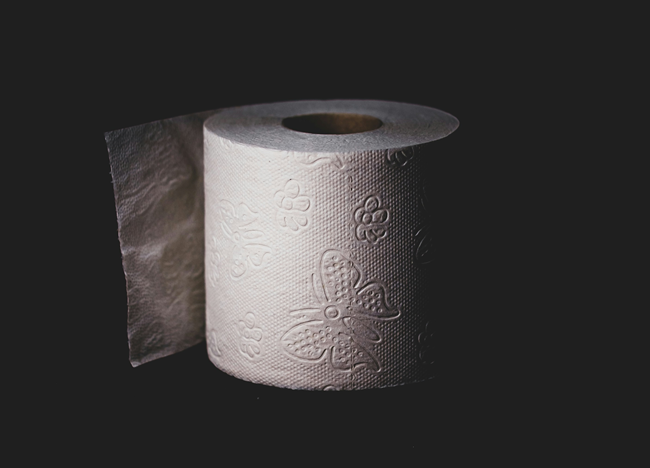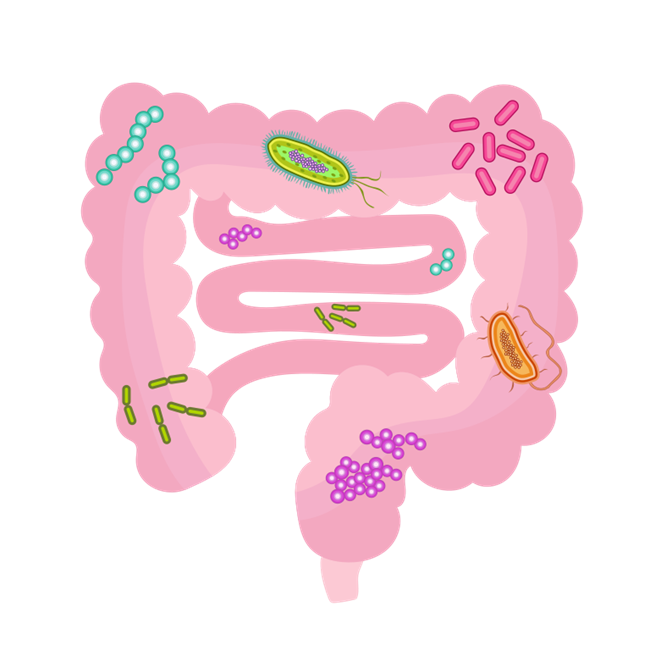I heard that boiled potatoes have less starch than non-boiled potatoes. What does this mean? What happens to the starch in the boiled potatoes -- does it turn into sugar?
Also, would steaming in an Instant Pot have the same effect as boiling?
Any info you could give me on doing potatoes right would be helpful. Thanx!
Also, would steaming in an Instant Pot have the same effect as boiling?
Any info you could give me on doing potatoes right would be helpful. Thanx!




